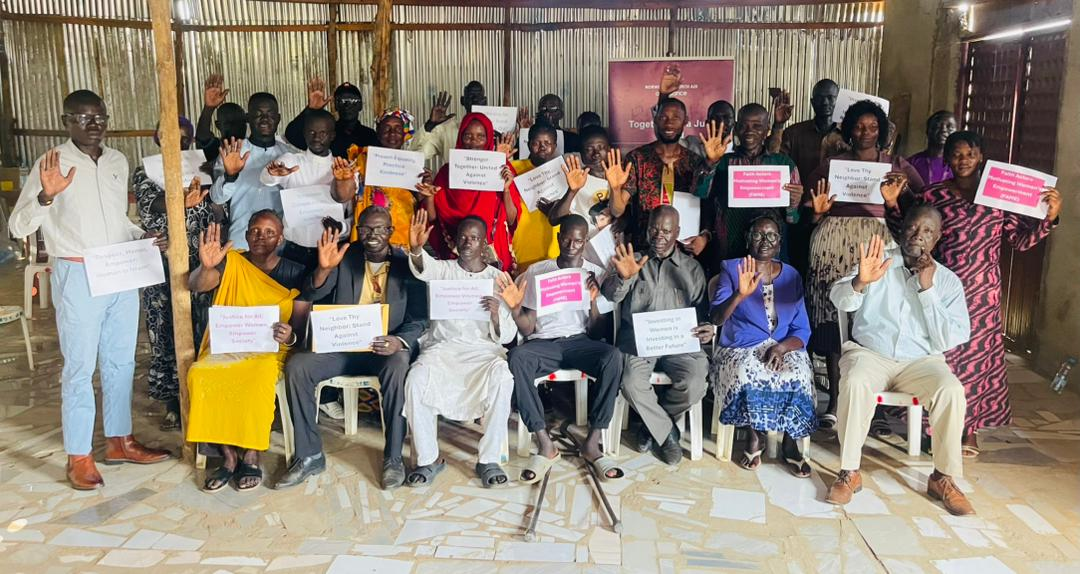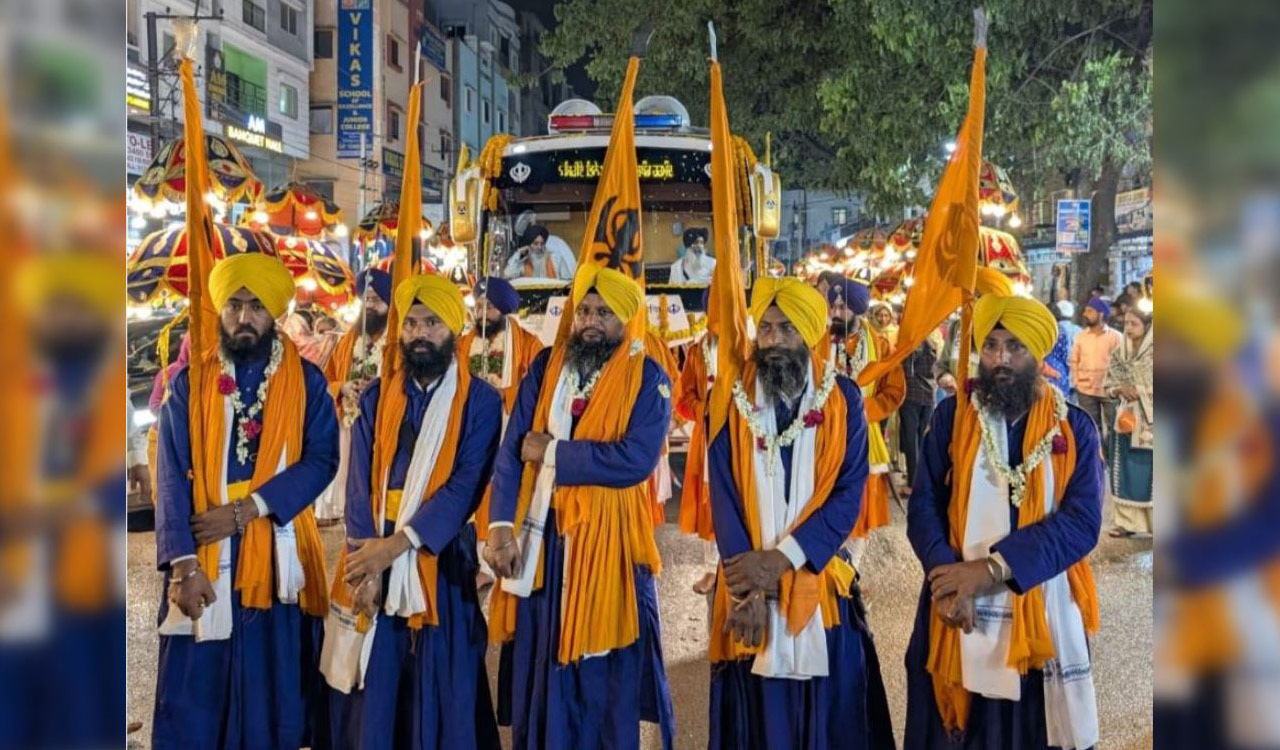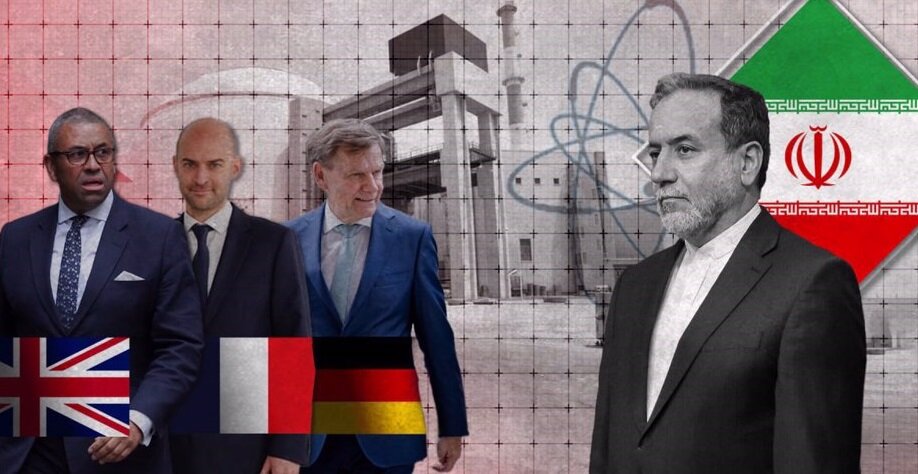Copyright eyeradio

Participants at GBV training in Kapuri - Photo credit: Wol Mapal Faith-based groups, in collaboration with the Central Equatoria State Ministry of Gender, Child, and Social Welfare, have concluded a five-day training in Kapuri aimed at reducing Gender-Based Violence (GBV) in the community. The training, supported by the Norwegian Church Aid (NCA) under its Faith-Actors Motivating Empowerment (FAME) project, sought to empower faith actors and community members to identify, prevent, and respond to GBV at the grassroots level. According to NCA, the initiative was designed to raise awareness, equip participants with practical knowledge, and promote collective responsibility in creating safer, more inclusive communities. The organization reaffirmed its commitment to continue supporting similar programs across South Sudan. Speaking on behalf of the participants, two representatives, a man and a woman, commended the initiative, saying the training had deepened their understanding of GBV and strengthened their resolve to advocate for an inclusive and peaceful society free from violence. A local chief from Kapuri applauded NCA and its partners for organizing the training, pledging to work closely with local leaders and residents to combat GBV in Kapuri and neighbouring villages. A representative from the consortium organization also thanked NCA for its financial and technical support, noting that they will continue partnering to advance gender equality and community peace. “Gender-Based Violence is a national concern that requires the participation of everyone,” said Amal Margret, one of the consortium representatives. On her part, Ayen Aleu, Head of Programs for NCA, expressed appreciation for the success of the training and reaffirmed NCA’s dedication to supporting vulnerable communities. Meanwhile, Ayiko Wani, Director of Gender in the Central Equatoria State Ministry of Gender, Child and Social Welfare, commended the participants, community leaders, and NCA for their active involvement. He assured the participants of the government’s commitment to working with faith and community groups to address GBV and other social challenges at the grassroots level. The five-day training, held from October 20 to 24, brought together participants from church-based organizations, local chiefs, internally displaced persons (IDPs), government representatives, and partners from Kapuri, Baraka, and Mangateen. The Faith-Actors Motivating Empowerment (FAME) project is a flagship initiative developed by the Norwegian Church Aid (NCA) to mobilize faith actors in preventing and responding to gender-based violence. Launched in South Sudan in October 2021 as a pilot program, FAME is built on the understanding that faith leaders and religious institutions play a crucial role in shaping social norms, influencing moral values, and promoting behavior change within communities. The FAME Toolkit, developed by NCA, provides step-by-step guidance for faith actors on how to engage congregations and communities in open discussions about GBV, harmful cultural practices, and gender equality. It encourages faith leaders to use scripture and moral teachings to challenge practices that perpetuate violence and discrimination. Under the FAME approach, faith actors receive training in: Raising awareness on the causes and effects of GBV, and facilitating dialogue within congregations to challenge harmful norms. Other approaches include; empowering survivors through psychosocial support and referral mechanisms, collaborating with local and government institutions to strengthen protection systems, and promoting inclusive participation of men, women, and youth in community transformation. The FAME project also emphasizes local ownership and sustainability, ensuring that interventions are driven by communities themselves rather than external actors. In South Sudan, NCA implements the FAME approach in partnership with local churches, community organizations, and state ministries such as the Ministry of Gender, Child, and Social Welfare. Its goal is to build a violence-free, equitable, and peaceful society by addressing the root causes of GBV and transforming social norms that enable it. Through initiatives like the Kapuri training, NCA continues to demonstrate that faith actors can be powerful agents of change, using their influence to foster compassion, equality, and respect across communities.



